Circa 2017
The cells are converted by a small microchip, similar in size to a penny, which injects genetic code into skin cells, transforming them into other types of cell.
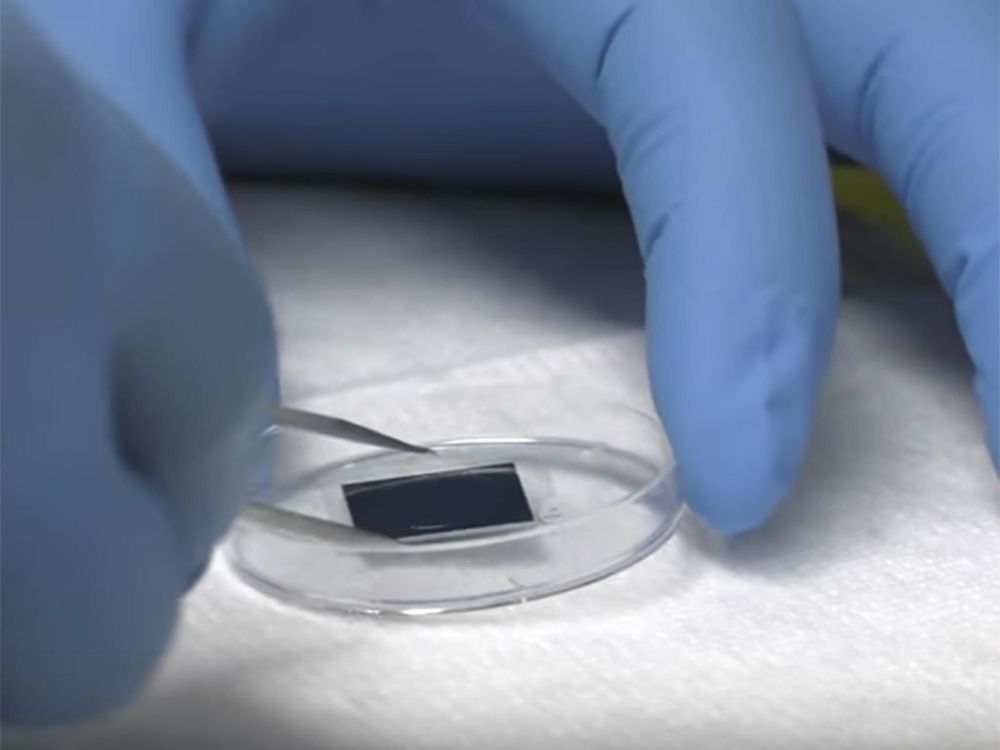
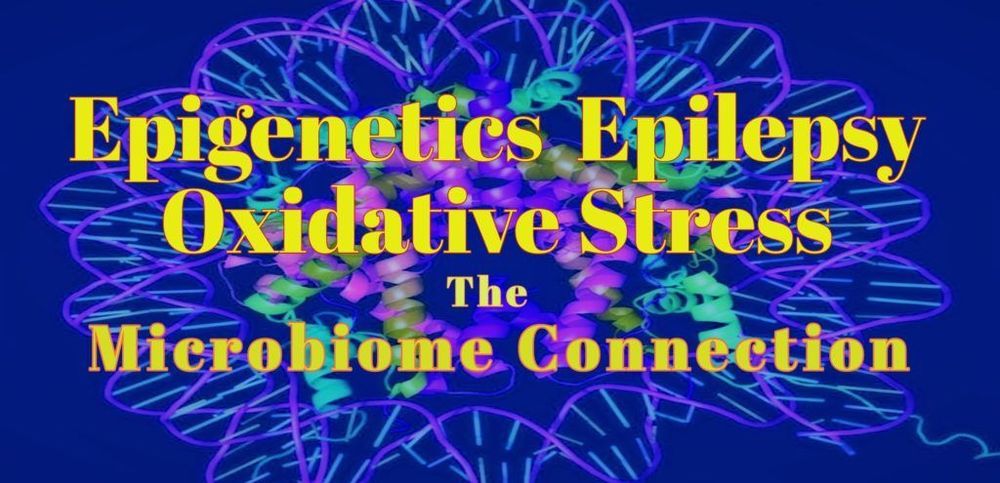
One of the most astonishing revelations might be that information equals reality. In other words, the basis for our material reality is actually immaterial information. Pattern and flow of information is what defines our experiential reality.
Everything boils down to the binary code of Nature. This is a basic tenet of Digital Physics which is the science of information. Nature computes. Deep down we are information technology. We run on genetic, neural and societal codes. Our DNA-based biology is clearly code-theoretic. We are alphabetic all the way down. We communicate intersubjectively mind-to-mind via language-structured exchange of information.
A recent study shows that human speech is transmitted at about 39 bits a sec. Idealist philosopher Terence McKenna used to say that “The world is made of language and if you know the words the world is made of you can make of it whatever you wish.”
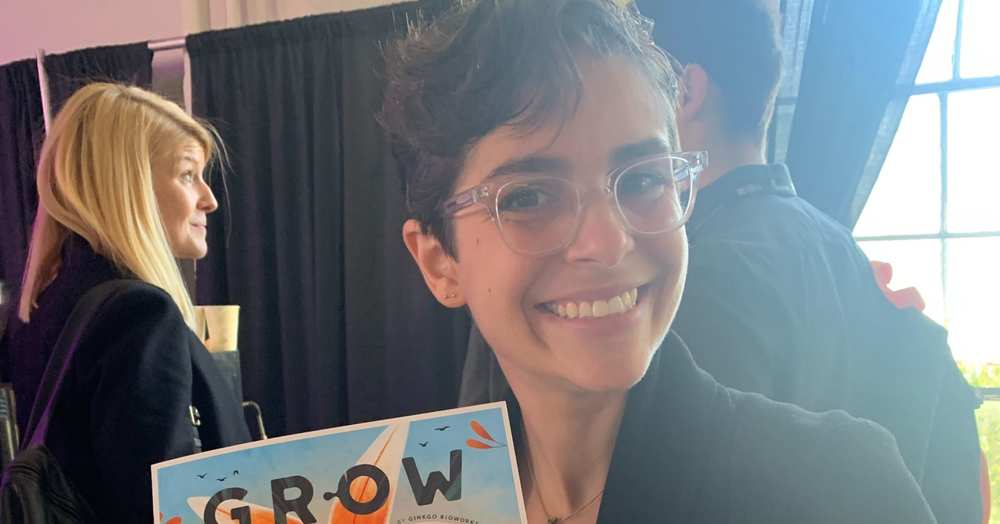
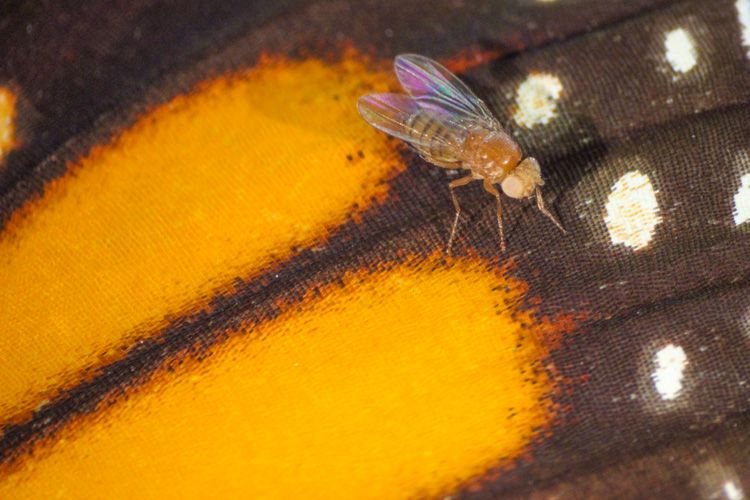
Scientists at the University of California, Berkeley have used the CRISPR gene-editing tool to give fruit flies an evolutionary advantage they’ve never had before. By making just three small changes to a single gene, the team gave the flies the ability to effectively eat poison and store it in their bodies, protecting themselves from predators in the process.
Milkweed is a common plant that’s toxic to most animals and insects – but the monarch butterfly flies in the face of that plant’s defenses. The bug has evolved the ability to not only thrive on the poisonous plant, but turn it to its own advantage. It stores the toxins in its body, making it poisonous to any predators that might try to eat it.
And now, the UC Berkeley researchers have given fruit flies that ability for the first time. CRISPR has been used to edit the genes of insects, mammals and even humans, but the team says this is the first time a multicellular organism has been edited to endow it with new behaviors and adaptations to the environment. In this case, that means a new diet and a new defense mechanism against predators.

Drew Endy almost can’t talk fast enough to convey everything he has to say. It’s a wonderfully complex message filled with nuance, a kind of intricate puzzle box being built by a pioneer of synthetic biology who wants to fundamentally rejigger the living world.
Endy heads a research team at Stanford that is, as he puts it, building genetically encoded computers and redesigning genomes. What that means: he’s trying to engineer life forms to do useful things. Just about anything could come out of this toolkit: new foods, new materials, new medicines. So you are unlikely to find anyone who is more optimistic than he is about the potential for synthetic biology to solve big problems.
That’s what makes Endy so compelling when he worries about how the technology is being developed. Perhaps more than anyone else working in synthetic biology, Endy has tried to hold the community to account.

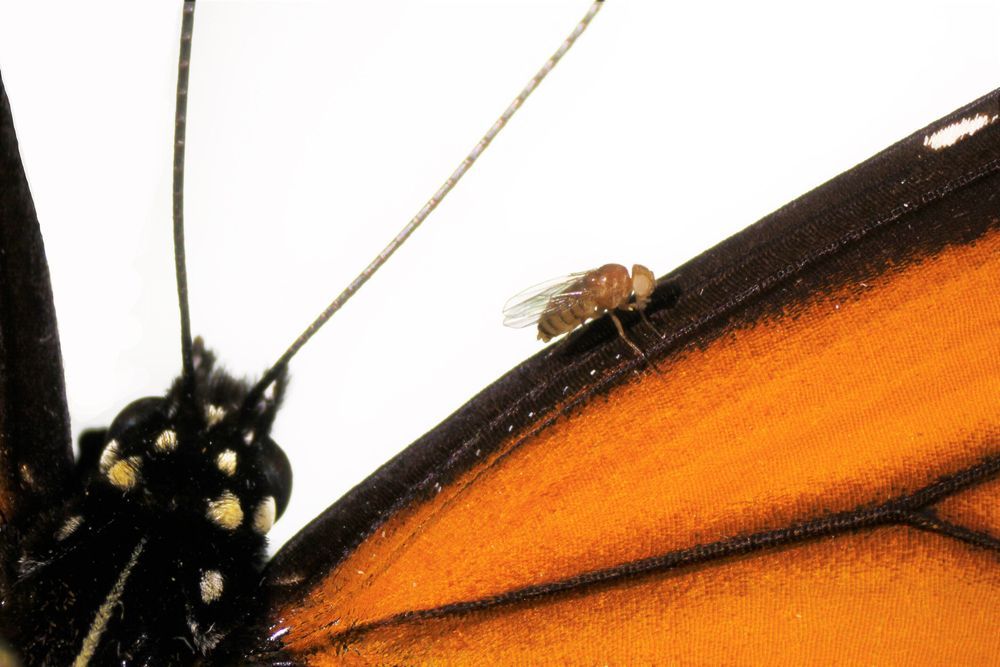
The fruit flies in Noah Whiteman’s lab may be hazardous to your health.
Whiteman and his University of California, Berkeley, colleagues have turned perfectly palatable fruit flies—palatable, at least, to frogs and birds—into potentially poisonous prey that may cause anything that eats them to puke. In large enough quantities, the flies likely would make a human puke, too, much like the emetic effect of ipecac syrup.
That’s because the team genetically engineered the flies, using CRISPR-Cas9 gene editing, to be able to eat milkweed without dying and to sequester its toxins, just as America’s most beloved butterfly, the monarch, does to deter predators.
New interview with author and researcher Dr. Josh Mitteldorf who runs the aging research blog Aging Matters.
Interview with author and researcher Dr. Josh Mitteldorf who runs the aging research blog ‘Aging Matters’.
Dr. Josh Mitteldorf is an evolutionary biologist and a long-time contributor to the growing field of aging science. His work in this field has focused on theories of aging. He asks the basic question: why do we age and die?
Josh is the co-author of ‘Cracking the Aging Code: The New Science of Growing Old — And What It Means for Staying Young’ : “A revolutionary examination of why we age, what it means for our health, and how we just might be able to fight it.
In Cracking the Aging Code, theoretical biologist Josh Mitteldorf and award-winning writer and ecological philosopher Dorion Sagan reveal that evolution and aging are even more complex and breathtaking than we originally thought. Using meticulous multidisciplinary science, as well as reviewing the history of our understanding about evolution, this book makes the case that aging is not something that “just happens,” nor is it the result of wear and tear or a genetic inevitability. Rather, aging has a fascinating evolutionary purpose: to stabilize populations and ecosystems, which are ever-threatened by cyclic swings that can lead to extinction.
When a population grows too fast it can put itself at risk of a wholesale wipeout. Aging has evolved to help us adjust our growth in a sustainable fashion as well as prevent an ecological crisis from starvation, predation, pollution, or infection.